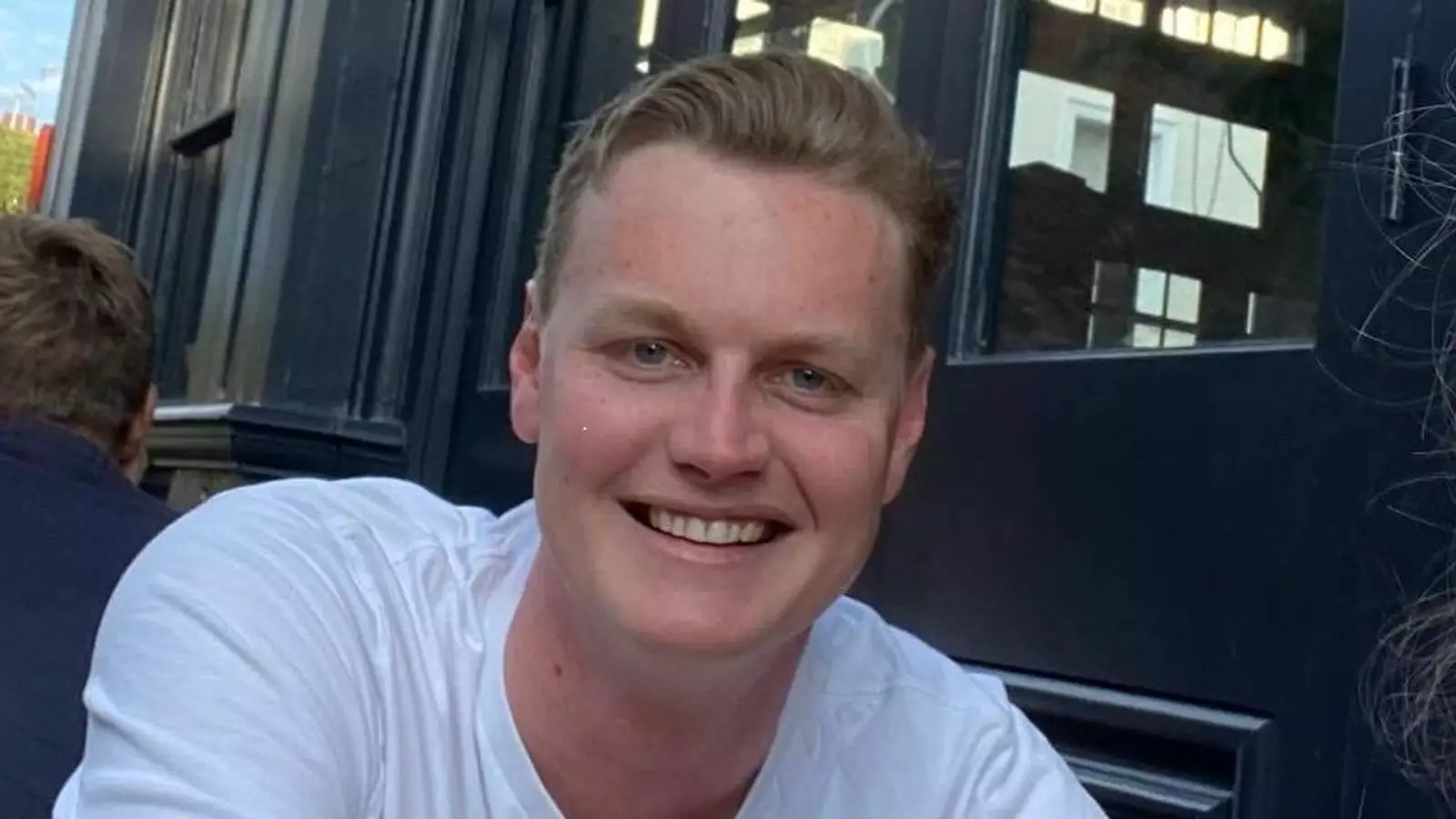On New Year’s Day, a brutal attack shook New Orleans, leaving the city mourning and grappling with the tragic loss of life. Among the victims was Edward Pettifer, a 31-year-old British man from Chelsea, who tragically succumbed to injuries sustained during the attack. The death of Mr. Pettifer has not only sent ripples of sorrow through his family but has also reached the highest echelons of society, touching the British monarchy. The King of the United Kingdom expressed his profound sadness upon learning of Pettifer’s death, highlighting the personal nature of this tragedy.
His family released a statement filled with profound grief, describing Edward as a “wonderful son, brother, grandson, nephew, and friend,” indicating the void left in their lives. They requested privacy to mourn their loss, noting their shared sorrow for the additional victims and families affected by this calamity. This devastating incident serves as a stark reminder of how quickly violence can disrupt lives and impact communities, turning celebratory moments into scenes of despair.
The horrific events unfolded in the early hours of January 1, when a rented truck, driven by 42-year-old Shamsud-Din Jabbar, collided violently with crowds on the historic Bourbon Street. Reports reveal that Jabbar, a former army veteran, would later be killed in a subsequent shootout with police, highlighting the chaotic nature of the incident. The New Orleans coroner later confirmed that the preliminary cause of death for Edward Pettifer, along with many others, was blunt force trauma, a grim testament to the severity of the collision and the scale of the tragedy.
The FBI categorized the assault as premeditated terrorism, with their investigation revealing Jabbar’s alignment with extremist ideologies. They stated that the perpetrator was “100% inspired by ISIS,” bringing the specter of international terrorism into a city known for its vibrant culture and celebrations. The presence of an Islamic State flag and other weapons linked to Jabbar has only intensified the horror surrounding this event.
The loss of Pettifer and others has left a significant mark on New Orleans and beyond. With fourteen lives lost and dozens more injured, the emotional weight of the attack is felt profoundly throughout the community. Details of those killed resonate deeply with loved ones and friends from various regions, bringing home the sobering reality that such violence can touch anyone, anywhere.
The FBI’s revelations about Jabbar’s digital footprint, including disturbing videos supporting ISIS, paint a chilling picture of an individual consumed by extremist views. According to officials, Jabbar expressed intentions to harm loved ones, but paradoxically feigned concern over how such acts might be perceived publicly — a contradiction that underscores the warped ideology driving individuals towards such catastrophes.
In the wake of this tragedy, the resilience of communities like New Orleans faces a profound test. As the mourning continues, it brings to light questions about security, the spread of extremist ideologies, and the urgent need for societal cohesion. Community leaders and law enforcement agencies are tasked not just with the immediate aftermath but with addressing the underlying issues that allow such attacks to occur.
The families of the victims, including Edward Pettifer’s, will undoubtedly require support as they navigate their grief. Cities must come together to demonstrate solidarity and a commitment to ensuring public safety, while also fostering dialogue to combat the seeds of division and hate that can lead to such horrific events.
As New Orleans reflects on this dark chapter, it serves as a vital reminder of the importance of vigilance, unity, and compassion in the face of tragedy. The memory of Edward Pettifer and the others lost on that fateful day will remain ingrained in the heart of the city, urging a collective resolve to honor their lives by striving for a more peaceful future.


Leave a Reply